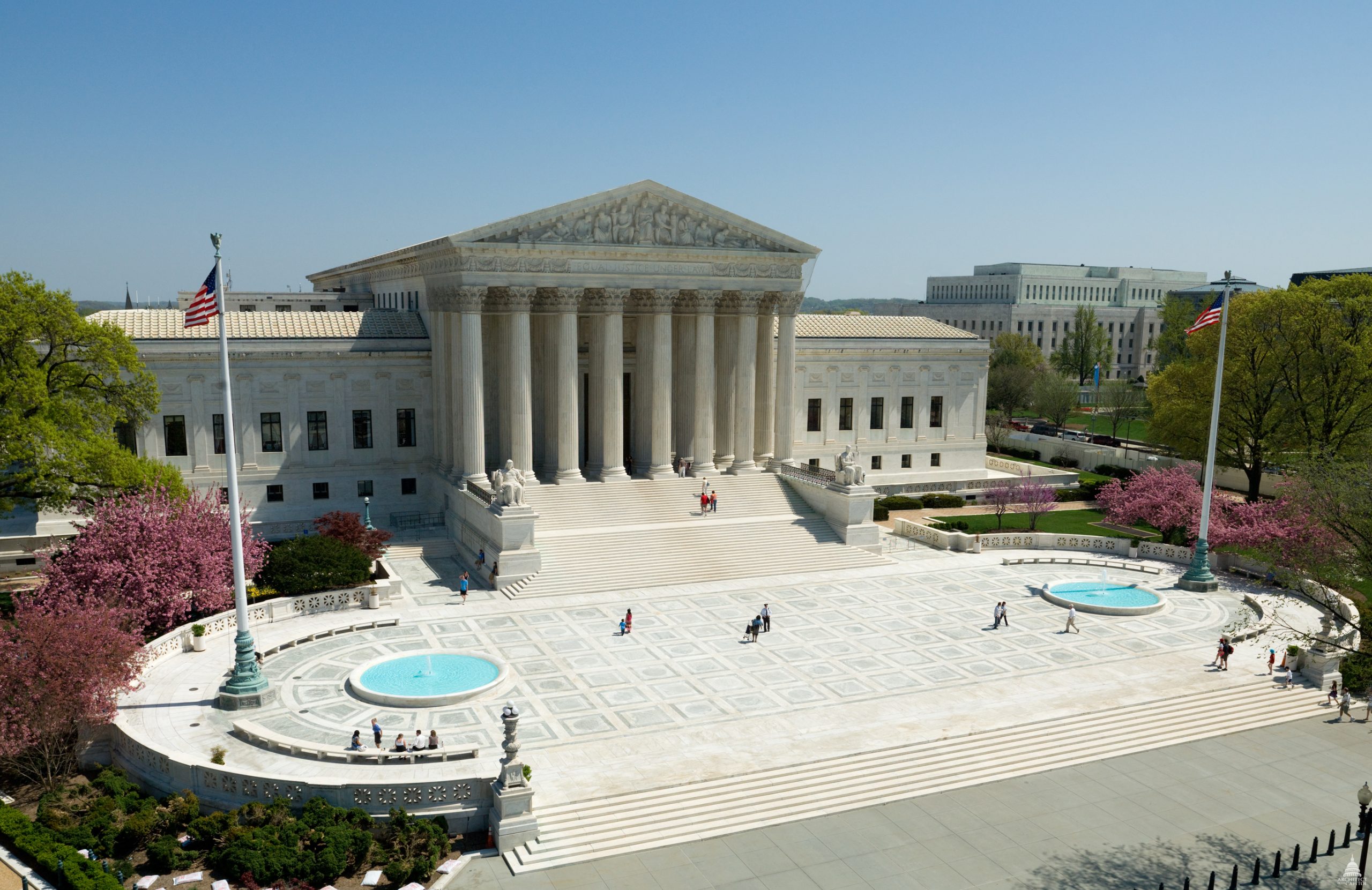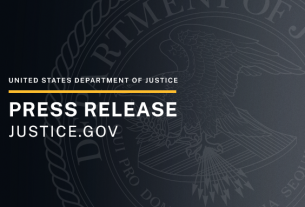Washington, D.C. – 27 June 2025 — The U.S. Supreme Court has upheld a Texas law that mandates age verification for users attempting to access online pornographic content, marking a significant decision in the intersection of free speech and online safety regulations.
In a 6–3 decision in Free Speech Coalition, Inc. v. Paxton, the Court ruled that Texas House Bill 1181 (HB 1181) does not violate the First Amendment, applying intermediate scrutiny—a standard used when laws burden speech without targeting its content directly. The law requires commercial distributors of sexually explicit material to implement “reasonable age verification methods” to ensure users are 18 years or older. Acceptable methods include digital ID or systems using government-issued identification or verified transactional data.
Writing for the majority, Justice Clarence Thomas stated that the regulation is designed to protect minors—who are “more susceptible to the harmful effects of sexually explicit content”—and emphasized that the law targets unprotected speech (i.e., obscene to minors), which may be regulated without strict scrutiny.
“Because speech that is obscene to minors is unprotected to the extent that the State imposes only an age-verification requirement, HB 1181’s content-based restriction does not require strict scrutiny,” the Court found.
The ruling aligns with a prior decision by the U.S. Court of Appeals for the Fifth Circuit, which upheld the law under rational basis review, the most deferential standard of constitutional review.
However, the decision drew strong dissent. Justice Elena Kagan, joined by Justices Sonia Sotomayor and Ketanji Brown Jackson, argued that the law infringes on adults’ access to constitutionally protected material and should have been subjected to strict scrutiny, the most rigorous legal standard for evaluating restrictions on free expression.
“HB 1181 covers speech constitutionally protected for adults; impedes adults’ ability to view that speech; and imposes that burden based on the speech’s content,” Kagan wrote. “Case closed.”
The Free Speech Coalition, representing adult industry stakeholders, had opposed the law, claiming it imposes substantial burdens on adult users and raises privacy concerns.
Texas is one of at least 24 states to enact similar age-verification laws, part of a broader legislative trend aiming to curb minors’ exposure to online pornography. The Court’s decision is expected to strengthen the legal foundation for such laws nationwide.



